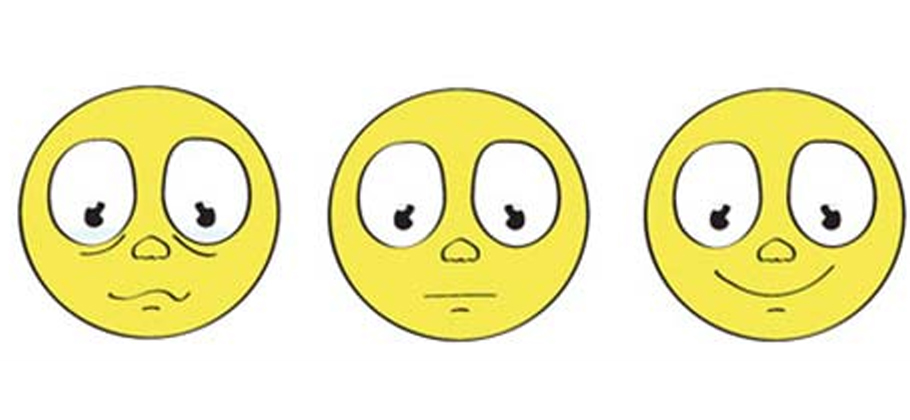by Marty Dodson
Feb 7, 2017

Often, it seems like song feedback leaves people confused. In my one attempt at getting feedback early in my career, I send a song to a very prominent songwriting organization that I belonged to. The was called “It Don’t Get Better Than This” and it was about the way the “this” changed throughout a boy’s life.
In the first verse, the boy held his first puppy and as it licked his face, he was thinking “It don’t get better than this.” The second verse has him kissing his first girlfriend and thinking the same thing. Finally, the bridge has him standing in the front of a church while his bride walks the aisle toward him, thinking the chorus again.
The feedback I got was “Pretty well written, but it’s not possible to have three things that it doesn’t get better than.” I couldn’t imagine how the person giving feedback didn’t understand that what we imagine to be “the greatest thing ever” can (and does) change over time. The feedback left me confused and frustrated.
Later, as I gained more confidence in my writing, I took another look at the song and realized that the feedback I got was not good at all. I’ve since discovered the reason for the weak feedback. The organization that I had gotten feedback from hired people to do feedback who had never had cuts. They were aspiring writers who were struggling and needed a paycheck, not pro, hit songwriters who knew what they were talking about. (This is why we only have HIT songwriters giving feedback on SongTown).
Over the years, I have found these thoughts to be helpful in interpreting feedback on my songs:
1) Realize that the feedback is just one person’s opinion.
It has value (if from a reputable source), but it is not the final word. If you still believe in the song and the reviewer didn’t like it, get a second opinion.
2) If you get mixed feedback, weigh it all and decide for yourself what is the best course of action. Stick with it if you believe in it.
3) If you keep getting the same feedback, you need to make changes in the song.
4) Don’t take it personally. Bad feedback on a song doesn’t mean that you are a bad writer. It usually just means that you didn’t communicate something well. Go back to your writing room and fix it.
5) Anytime you get feedback, ask the organization who they have giving feedback. They won’t likely tell you specific names, but they can tell you if they have current hit writers, older hit writers or aspiring writers or interns giving feedback. That’s important to know.
6) Sometimes, the reviewers don’t want to hurt your feelings, so they go easy on you. They try to come up with positive things to say to balance out the negative. Weigh it all carefully and you can usually tell who is blowing smoke and who is being sincere.
Feedback on your songs is one of the best ways to grow as a writer IF you are getting feedback from people who know what they are talking about it. Put on your big girl (or boy) pants and ask the people giving you feedback to “give it to me straight”.
Write on! ~Marty
share
Write Better Songs Faster
Songwriting Success is Clay & Marty's 10-day video series that will help you level-up your songs and finish them faster. Enter your email address to get started!



